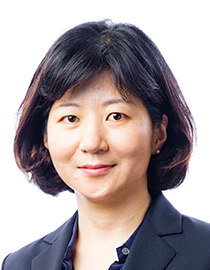Digital Strategic Initiatives and Digital Resources: Construct Definition and Future Research Directions
by

Gabriele Piccoli
Edward G. Schlieder Endowed Chair of Information Sciences
Professor, Stephenson Department of Entrepreneurship & Information Systems
Professor, Stephenson Entrepreneurship Institute
E. J. Ourso Colle of Business
Louisiana State University
Friday, Apr 29
11:30 am – 1:00 pm
In-person: 1810 Liacouras Walk, Room 420
Abstract:
This paper explores the structure and design of Digital Strategic Initiatives (DSI): identifiable competitive moves that depend on digital resources to create and appropriate economic value. We use the term digital deliberately, in line with the recent push for discerning the so-called IT “x” and Digital “x” phenomena. The paper contributes to basic science by precisely defining the digital strategic initiative concept and its essential elements: digital resources. It clarifies the difference between digital resources and established constructs such as IT resources and IT- enabled resources. We posit that the defining characteristics of digital resources are their modular design, encapsulation of value, and programmatic interface. The work also shows how the design and development of digital strategic initiatives thrives in an infrastructural, combinatorial, and servitized environment. Using illustrative cases, we demonstrate applications of the concepts by introducing two value creation pathways for DSI: a) orchestration of digital resources and b) creation of novel digital resources. The paper concludes by presenting open research questions and offering extensions for future inquiry.
Bio:
Gabriele Piccoli is a Fellow of the AIS. He holds the Edward G. Schlieder Chair of Information Sciences and a member of the Cultural Computing group at the Center for Computation and Technology at Louisiana State University (USA). He is also on the faculty at the University of Pavia (Italy). Gabe’s academic, teaching and consulting interest are in Strategic Information Systems and Customer Service Systems. His recent research focuses on value creation and appropriation with digital resources








